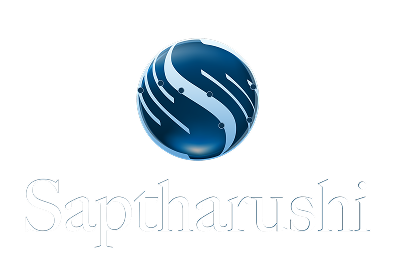The digital ecosystem is undergoing a profound shift—privacy concerns, AI-driven automation, and decentralized technologies are reshaping how brands, agencies, and data partners engage audiences. To maintain a competitive edge, businesses must transition from traditional audience strategies to interoperable, secure, and intelligent platforms.
By integrating seven deep tech pillars—AI, blockchain, spatial computing, federated learning, differential privacy, wallets, and tokenization—organizations can create scalable, privacy-compliant audience ecosystems that drive engagement and revenue while ensuring long-term strategic value.
Why Strategic Alignment Matters Now More Than Ever
Legacy audience models no longer suffice—the expiration of third-party cookies, evolving regulatory landscapes, and the rise of self-sovereign identity demand a rethink of engagement frameworks. Businesses that fail to invest in deep-tech interoperability will struggle against AI-native competitors who seamlessly balance personalization with compliance.
To stay ahead, brands, agencies, and investors must prioritize integrated, privacy-first strategies that align with the evolving needs of consumers while maximizing business outcomes.
The Seven Deep Tech Pillars: The Strategic Imperative for Modern Platforms
1. AI for Precision Targeting and Engagement
AI enables predictive analytics, adaptive content, and behavioral intelligence, driving hyper-personalized experiences while reducing dependency on outdated data tracking models.
2. Blockchain for Data Integrity and Trust
Blockchain ensures secure, transparent transactions, decentralized identity management, and fraud-resistant marketing automation, reinforcing audience trust in digital interactions.
3. Spatial Computing for Immersive Brand Experiences
The next frontier of audience engagement is AR/VR-driven interactions, delivering context-aware advertising, gamified engagement, and AI-enhanced user journeys beyond traditional digital ads.
4. Federated Learning for Collaborative AI Optimization
AI models must train on decentralized datasets to maintain data security while improving cross-industry intelligence, enhancing finance, retail, healthcare, and consumer analytics.
5. Differential Privacy for Secure Data Utilization
Regulatory compliance demands data obfuscation techniques that preserve analytics utility while ensuring GDPR and CCPA compliance, strengthening corporate governance and public trust.
6. Digital Wallets for Consumer Control and Loyalty
Decentralized wallets enable self-sovereign identity, loyalty programs, and tokenized engagement, empowering users to retain control over their data while deepening brand-consumer relationships.
7. Tokenization for Next-Gen Incentive Models
Token-based ecosystems foster value exchange between brands and consumers, fueling monetization strategies, ad incentives, and gamified experiences that redefine audience participation.
Strategic Positioning: The Opportunity for Growth and Investment
The integration of these technologies isn’t a trend—it’s the foundation for sustainable, scalable audience engagement. Businesses that deploy AI-powered, blockchain-verified, and privacy-secured platforms will dominate the next era of MarTech and AdTech innovation.
For investors, the value proposition is clear—this transformation isn’t just about compliance; it’s about future-proofing audience engagement models, unlocking new monetization streams, and driving market leadership.
The Call to Action: The Time to Invest Is Now
Companies embracing AI-driven personalization, blockchain-verified transparency, and decentralized identity ecosystems will lead the evolution of audience engagement. As data protection laws tighten and consumer behaviors shift, organizations must adopt future-ready platforms that balance personalization with security.
Will you be at the forefront of this transformation?
